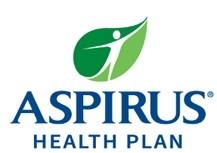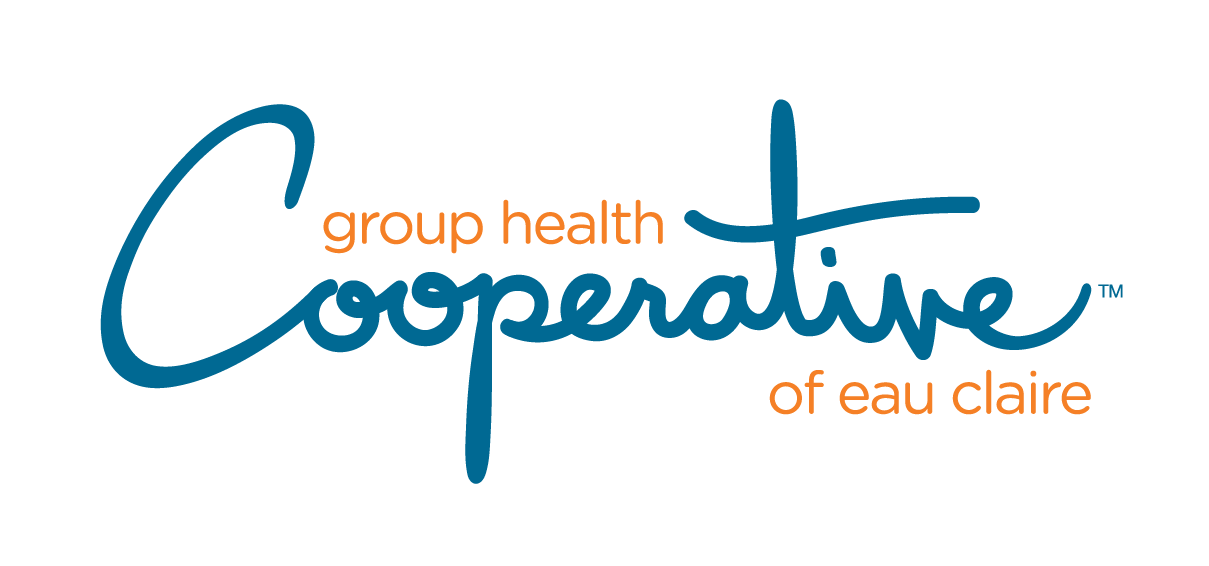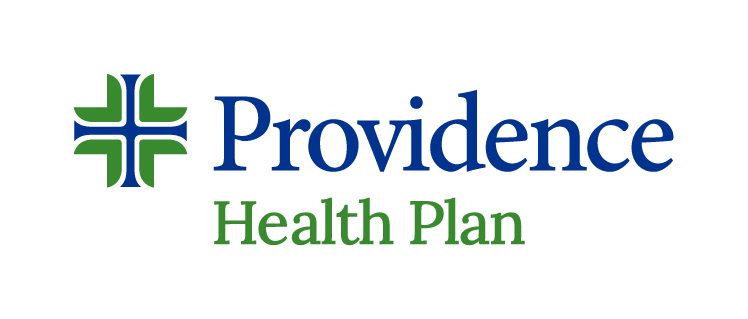March 18, 2024
The highly anticipated MedPAC status report on the Medicare Advantage (MA) program is out, ending months of inside-the-Beltway speculation, theatrics and quibbling over the leaked report’s findings. Not surprising to any casual observer, MedPAC’s report concluded MA is paid more than original fee-for-service Medicare.
Unfortunately, Congress’ Medicare advisors continue comparing apples (original Medicare) to trucks (MA). Original Medicare is apples. Simply put, you pay by the pound, so the more you get – or from a provider perspective, the more you do – the more you get paid. MA is a truck; you buy the total package. And similar to purchasing any vehicle, different dealers are willing to employ a spectrum of tactics to get the highest price for their product.
There is no doubt that MA continues to be the choice of America’s seniors. More than half of seniors choose MA. In just the past five years, MA has grown by nearly 11 million beneficiaries, while original Medicare has contracted, losing a net 4.4 million seniors in the same period.
Regrettably, celebration of the success of this public-private partnership is muted by MedPAC’s estimation that payments to MA plans were 22 percent higher than original Medicare in 2024. MedPAC places the blame for these “overpayments” primarily on deceptive and aggressive coding practices. The report found that between 2017 and 2021 coding intensity increased MA risk adjustment scores by 1.5 percentage points more per year than the original Medicare risk adjustment trend. Extrapolating this trend to 2024, MedPAC projected that MA risk scores will be an alarming 13 percent above risk scores for comparable Original Medicare beneficiaries.
Debating MedPAC’s methodology is a fool’s errand. Whether the coding differential is 13 percent, as MedPAC asserts, or even half that number as other researchers contend, focusing on the industry-wide number misses the mark and conceals the real story of significant industry variation. For example, MedPAC found seven of the eight largest MA plans, or 77 percent of the MA market, are above the industry’s coding average, generating tens of billions in additional revenue from taxpayers. Many small, regional and non-profit plans are well below the average, faced with the dilemma of whether to code more just to keep up or continue coding appropriately and fall behind.
Aggressive coding benefits publicly-traded companies at the expense of taxpayers and beneficiaries. The narrative that MedPAC coding findings are reflective of all MA plans is outdated and wrong. With an aging population and a rapidly depleting Medicare Trust Fund, let’s have a meaningful conversation about addressing the perverse incentive to aggressively code in MA and rally around solutions that address MedPAC’s concerns.
ACHP’s MA for Tomorrow offers a vision for the MA program centered on improving quality and focusing on care delivery over coding. MA for Tomorrow proposes reimagining risk adjustment to level the competitive playing field, removing incentives to aggressively code and, finally, moving away from outdated comparisons to Original Medicare. Recalibrating the risk adjustment model with MA encounter data would improve payment accuracy. Tiering the coding intensity adjustment to target plans that code more aggressively would deter aggressive coding practices. And targeting RADV audits towards plans that code more intensely would ensure accountability by going after bad actors and rewarding health plans coding appropriately. Importantly, these changes properly compensate health plans for taking on costlier beneficiaries while removing opportunities for aberrant tactics.
It’s too easy for entrenched interests to bicker about methodology and process and change the subject, rather than engage in substantive conversations that will take the MA program from ‘good’ to ‘great.’ MedPAC’s findings present a golden opportunity for health care stakeholders to have a forward-looking conversation about the future of this popular and successful program. MedPAC’s status report showcases that the time is now for MA for Tomorrow.
New from ACHP:
- Overcoming Barriers: Transforming Black Maternal Health Through Research Webinar
- PODCAST: ACHP’s Ceci Connolly Joins Managed Healthcare Executive DC Roundtable Podcast
- OP-ED: What Could We Do if GLP-1 Weight Loss Drugs Were Free? Would Our Obesity Epidemic Be Solved for Good?
- ACHP Statement on Final Rule for Medicare Advantage and Part D
- WEBINAR: Medicare Advantage in 2024 and Beyond
- ACHP Joins First Lady Jill Biden and Health Care Leaders to Support Cancer Moonshot Initiative


































